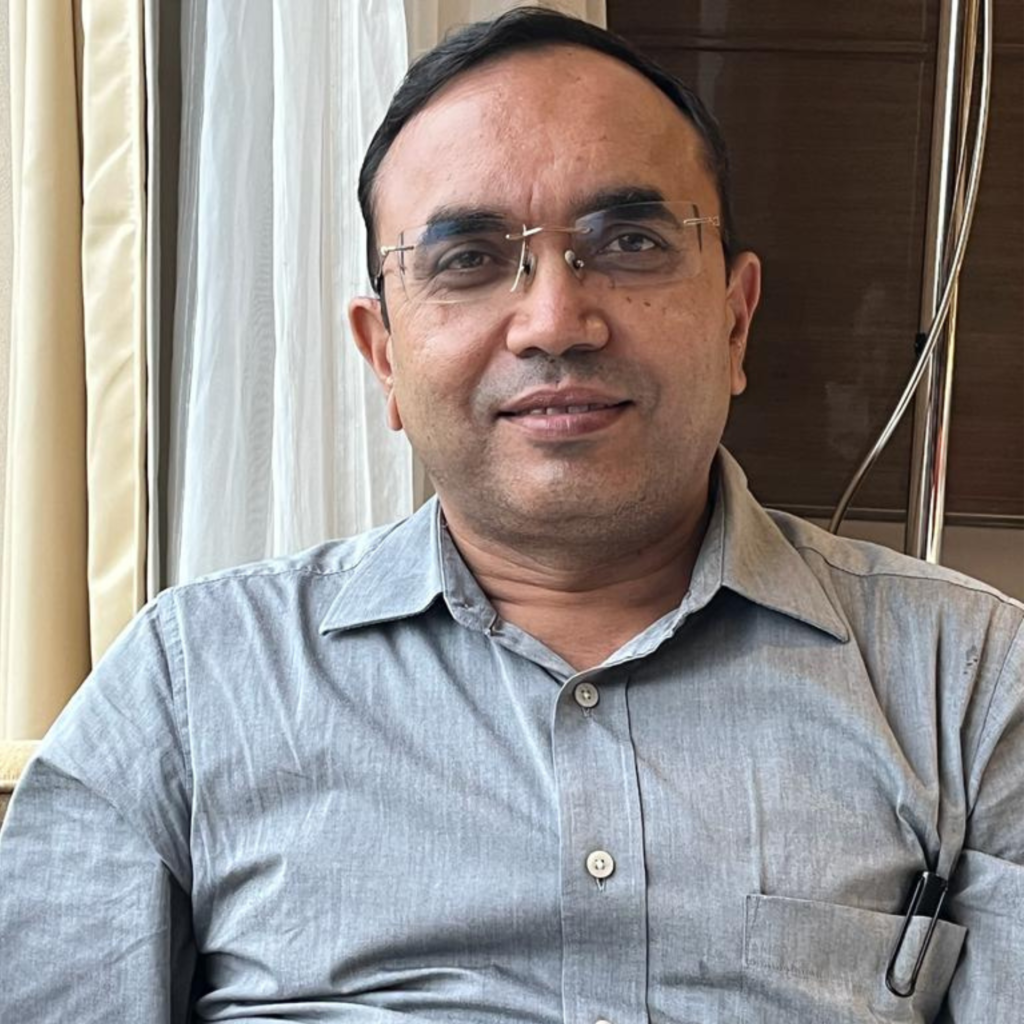- Home
- About Us
- Doctors
- Specialties
- Bariatric Surgery
- Bone Marrow Transplant
- Cancer
- Cardiology
- Cardiovascular And Thoracic Surgery
- Critical Care Medicine
- Dental Surgery
- Dermatology & Cosmetology
- Diabetic Foot Care
- Ear, Nose & Throat
- Endocrinology
- Fetal Medicines
- Gastroenterology
- General Medicine
- General Surgery
- HPB & Gastrointestinal Surgery
- Interventional Radiology
- IVF
- Kidney Transplant
- Laparoscopic Surgery
- Liver Transplant
- Medical And Hemato Oncology
- Neurology
- Neuro & Spine Surgery
- Nephrology And Dialysis
- Nuclear Medicine
- Orthopedic
- Ophthalmology
- Obstetrics And Gynecology
- Pathology Laboratory
- Pediatric
- Peripheral Vascular And Endovascular Surgery
- Physiotherapy and Rehabilitation
- Plastic Reconstruction
- Plastic & Cosmetic Surgery
- Pulmonary Medicine
- Radiation Oncology
- Radiology
- Robotic Surgery
- Surgical Oncology
- Urology
- Facilities
- Patient Area
- Testimonials
- Media
- Contact Us
Brain Tumors
Conquering Complexity: Unraveling the Mystery of Brain Tumors
At Universal Hospital, our team of neurologists and neurosurgeons specializes in the diagnosis and treatment of brain tumors. We use state-of-the-art imaging techniques, such as MRI and CT scans, to precisely locate and characterize tumors. Additionally, our experts may perform a biopsy to analyze the tumor tissue and determine its nature.
Understanding Brain Tumors:
A brain tumor is an abnormal growth of cells within the brain. These tumors can be benign (non-cancerous) or malignant (cancerous), and they can originate from brain cells, membranes, nerves, or glands.
Types of Brain Tumors:
- Primary Brain Tumors: These tumors originate in the brain itself and may be benign or malignant. Common types include gliomas, meningiomas, and pituitary adenomas.
- Metastatic Brain Tumors: These tumors result from cancer cells that have spread to the brain from other parts of the body.


Symptoms of Brain Tumors:
The symptoms of a brain tumor can vary depending on its size, location, and growth rate. Common symptoms include:
- Headaches
- Seizures
- Changes in vision, hearing, or speech
- Memory loss
- Balance and coordination problems
- Personality or mood changes
If you or a loved one experiences any of these symptoms, it is crucial to seek medical attention promptly.
Diagnosis:
Diagnosing a brain tumor typically involves a combination of imaging tests, such as MRI and CT scans, and a biopsy. Our team of experienced neurologists and neurosurgeons at Universal Hospital is dedicated to providing accurate diagnoses and personalized treatment plans.
Personalized Treatment Plans
- Surgical Intervention:
- Description: Surgical removal of brain tumors is often a critical step in treatment. Our skilled neurosurgeons use advanced techniques, including minimally invasive procedures, to achieve precise tumor removal while preserving healthy brain tissue.
- Benefits: Targeted treatment, reduced recovery time, and improved quality of life.
2. Radiation Therapy:
- Description: High-precision radiation is used to target and destroy cancerous cells. This can be done externally (external beam radiation) or by placing radioactive material directly into or near the tumor (brachytherapy).
- Benefits: Effective cancer cell destruction with minimal impact on surrounding healthy tissue.
3. Chemotherapy:
- Description: Medications are used to kill or slow the growth of cancer cells. This can be administered orally or intravenously, and the specific drugs and regimen depend on the type and stage of the tumor.
- Benefits: Systemic treatment to control or eliminate cancer cells throughout the body.
Supportive Care and Rehabilitation
We understand that dealing with a brain tumor diagnosis involves more than just medical treatment. Our comprehensive approach includes support services, such as counseling, rehabilitation, and assistance with managing the side effects of treatment.
Ongoing Monitoring and Follow-Up
At Universal Hospital, our commitment to your well-being extends beyond the initial treatment. We provide regular follow-up appointments and monitoring to ensure the effectiveness of the treatment and address any emerging concerns promptly.


